Bhoomi Kaushik
Get Real Experts on your side
Before venturing to seek career counseling, answer a few basic questions so we can connect you with our best expert counselor for personalised guidance and mentorship.



.png)
Bhoomi Kaushik
25/12/2024
Online learning has completely transformed the manner of gaining knowledge and developing skills. No other medium offers as much flexibility as online learning while allowing the learner to receive education from the world's best institutions and faculties. However, success in the online learning environment depends not only on enrolling in a course but also on certain qualities to make the most out of it. Here's a comprehensive review of the key characteristics of success in this digital learning mode.
1. Self-Discipline
Online learning lacks the physical presence of teachers
and classmates, which may make it easy to procrastinate. Learners have to set
clear goals and adhere to their study schedules. Self-discipline helps them
focus on completing assignments and attending virtual classes without constant
reminders.
2. Time Management Skills
Juggling online education with other responsibilities
such as work, family, or hobbies demands excellent time management. Learners
must allocate sufficient time for their studies and avoid last-minute cramming.
Effective Time Management Strategies:
3. Motivation and Initiative
Without the external motivation of a traditional
classroom, online learners must find their internal drive. Intrinsic motivation
and a proactive approach can help them stay engaged and complete courses
successfully.
4. Tech Savviness
Using the online learning platform, fixing technical
problems, and utilizing digital tools are significant aspects of online
learning. The learners should be fluent in using an LMS, video conference tool,
and collaborative documents like Google Docs or Slack.
5. Effective Communication
Since face-to-face interactions are limited, online
learners need to express their thoughts clearly in written and virtual
communication. This includes participating in discussion forums, emailing
instructors, and collaborating with peers.
|
Undergraduate Programs |
Post Graduate Programs |
6. Adaptability
Online learning typically exposes students to different
forms of instruction, including video lectures, interactive quizzes, and online
group projects. One would be more receptive to variations in learning styles
and methods.
7. Critical Thinking and Problem-Solving Skills
Online learning demands that the learner take charge of
their knowledge. Critical thinking enables students to analyze information
critically, pose meaningful questions, and solve problems independently.
8. Resilience and Patience
Technical glitches, unclear instructions, or a lack of immediate
feedback can test learners' patience. Resilience ensures they stay committed
despite challenges.
9. Curiosity and Lifelong Learning Mindset
Curiosity drives learners to explore topics in-depth and
seek additional resources. A lifelong learning mindset ensures they continually
improve and adapt to new knowledge.
10. Accountability
In an online environment, students are in charge of
monitoring their progress. Accountability helps them complete timely
assignments and engage with other coursework.
Conclusion:
Online education empowers learners with a choice of
flexibility and access to tons of knowledge; however, being unique in qualities
does a lot to thrive there Developing self-discipline to manage time
effectively, as well as good communication skills that are proactive in seeking
necessary information, will unlock online learning to its full potential as
these qualities not only develop academic success but create bases for lifelong
personal growth, too.
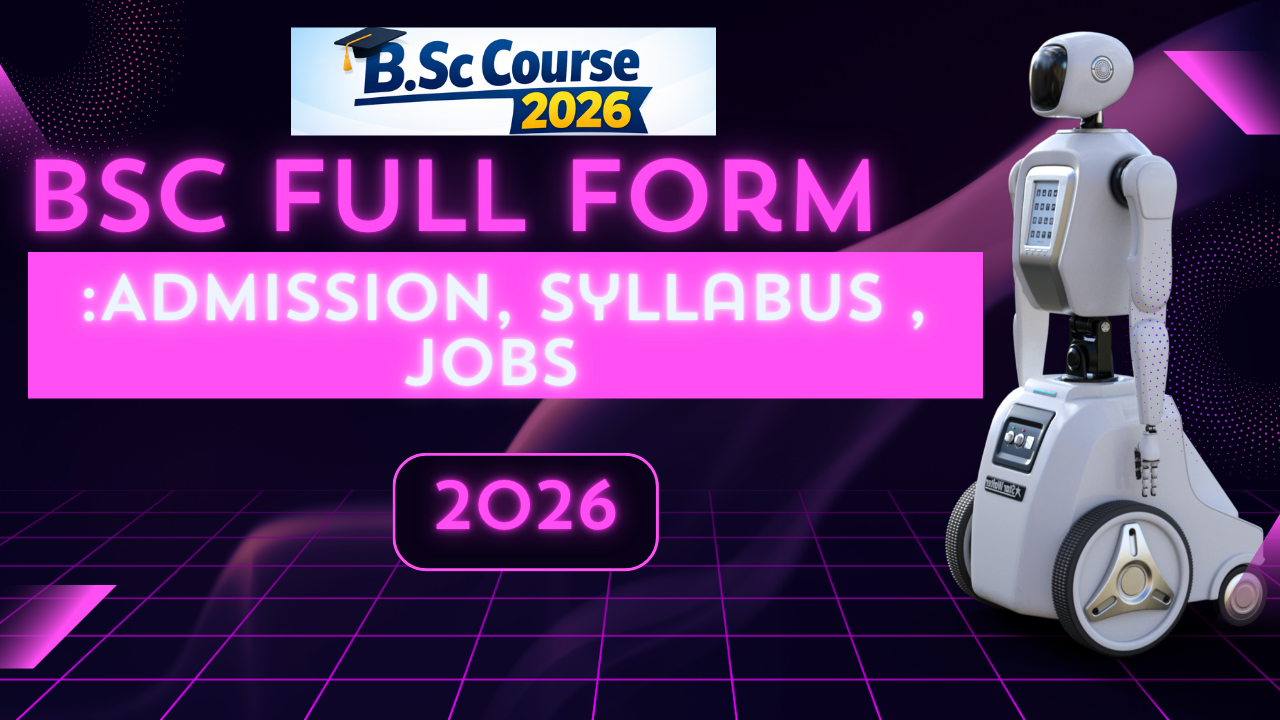
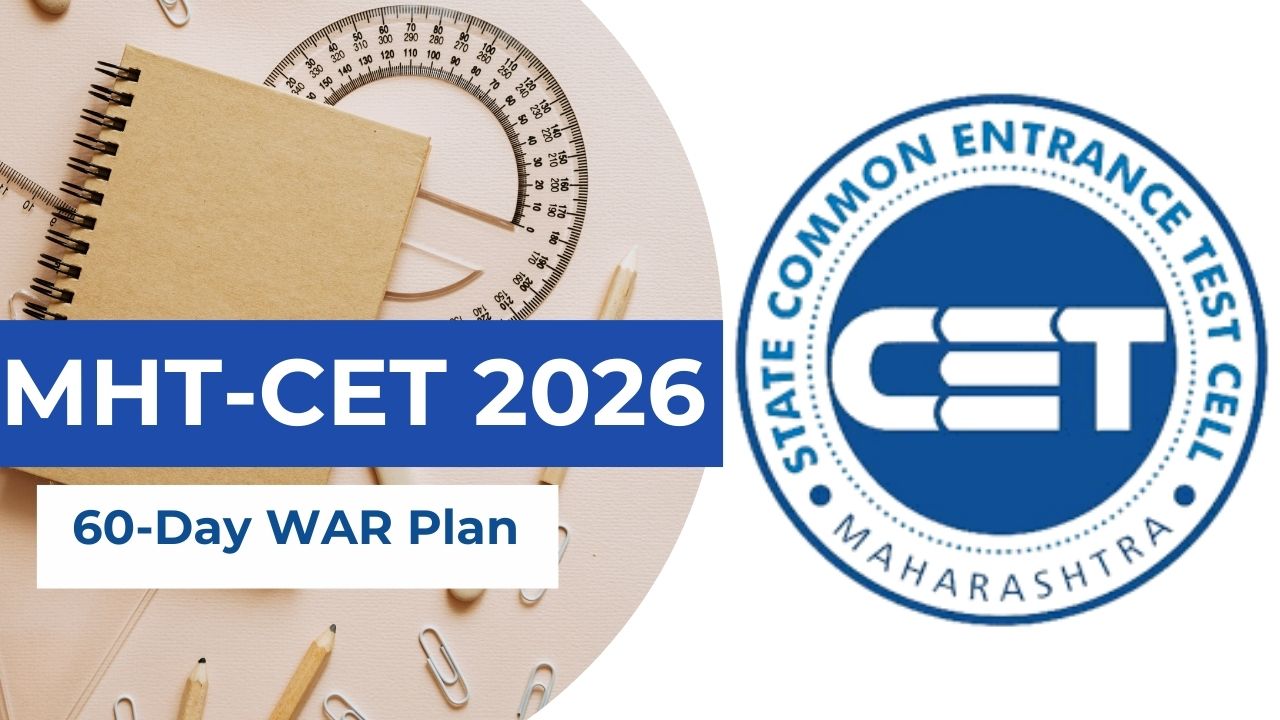
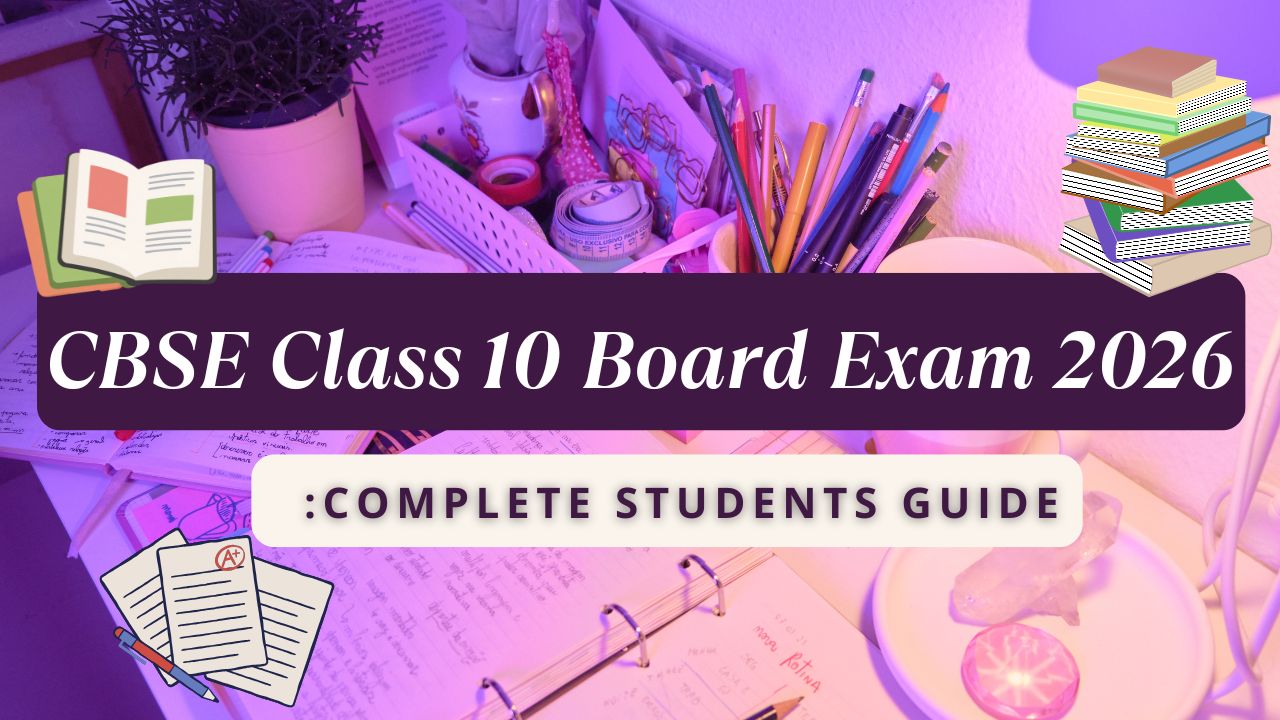
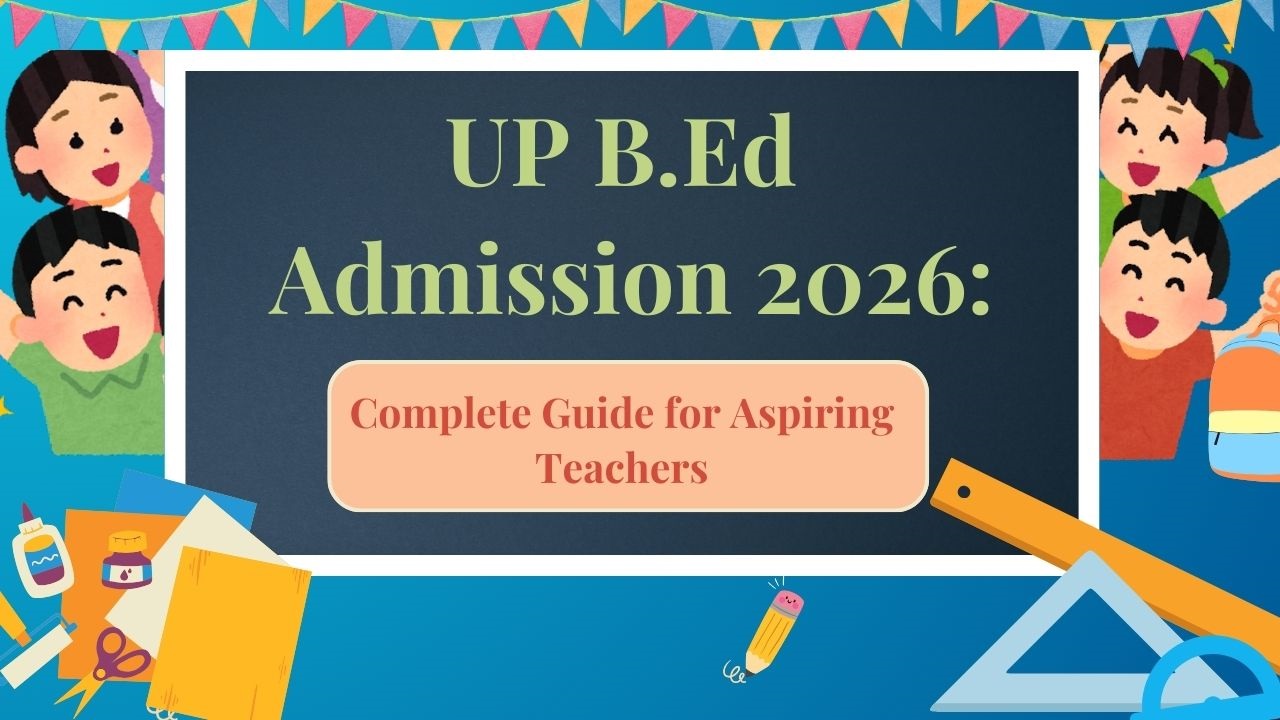


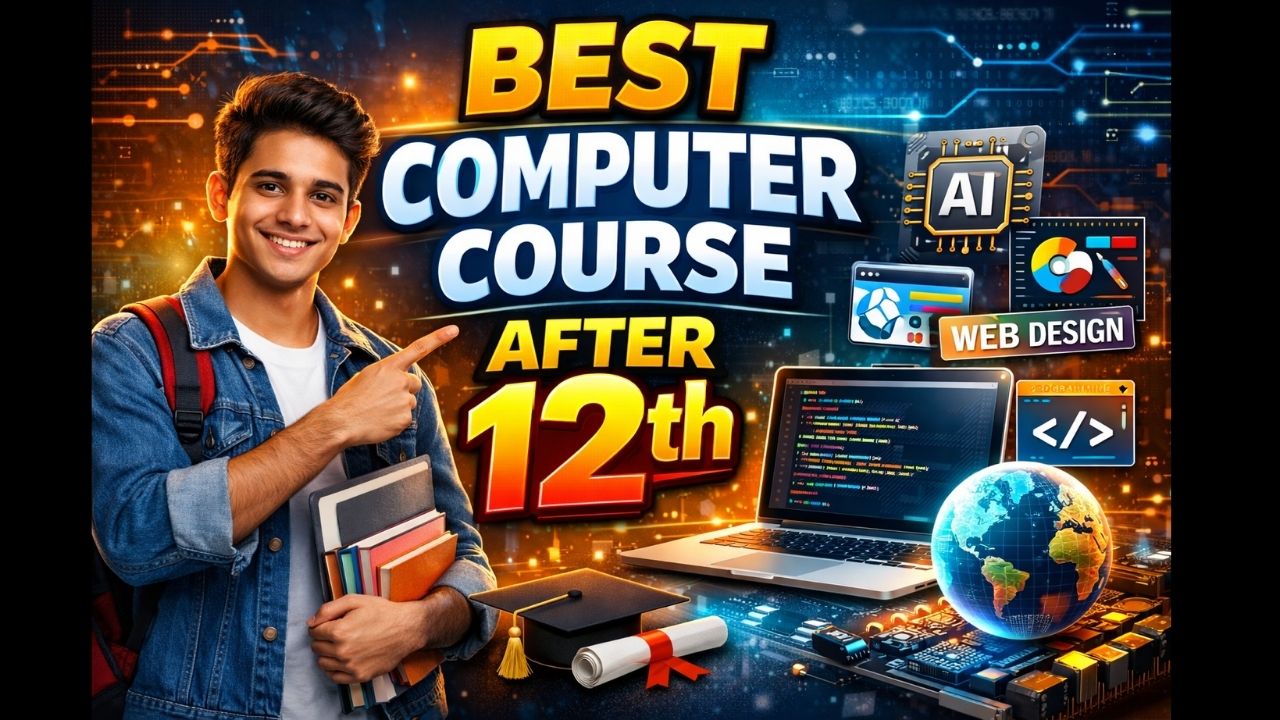
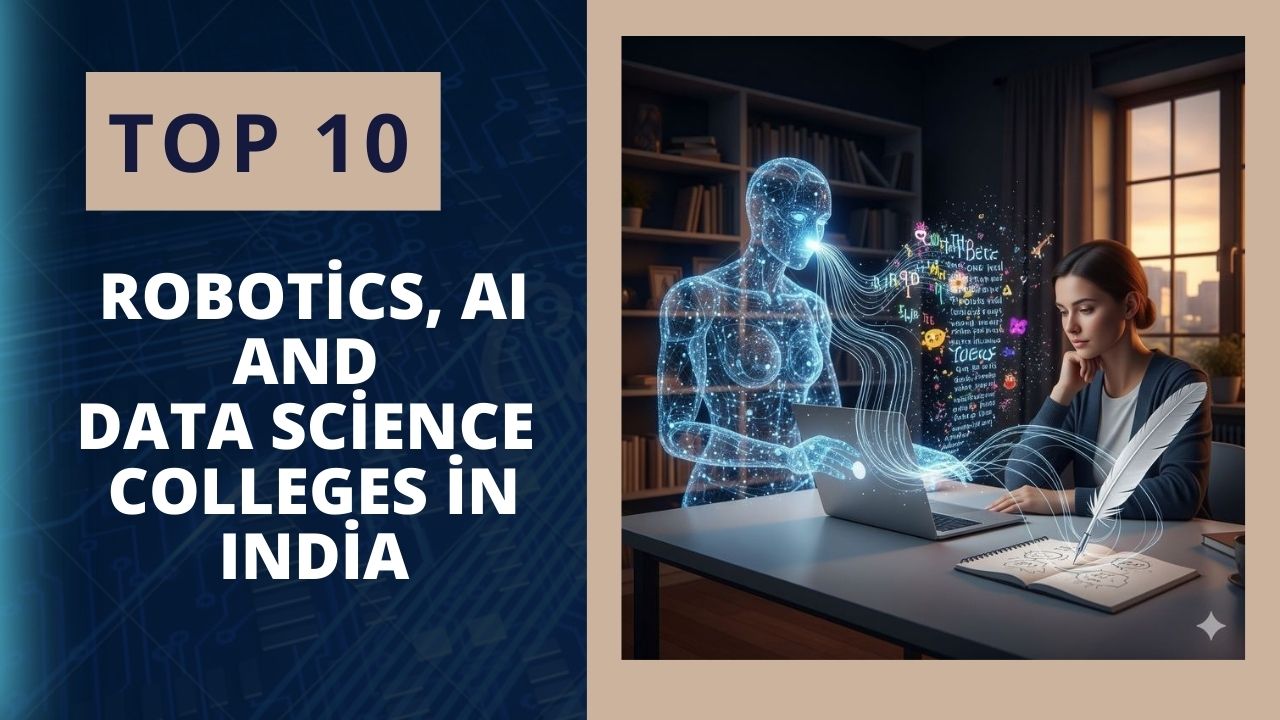

.png)




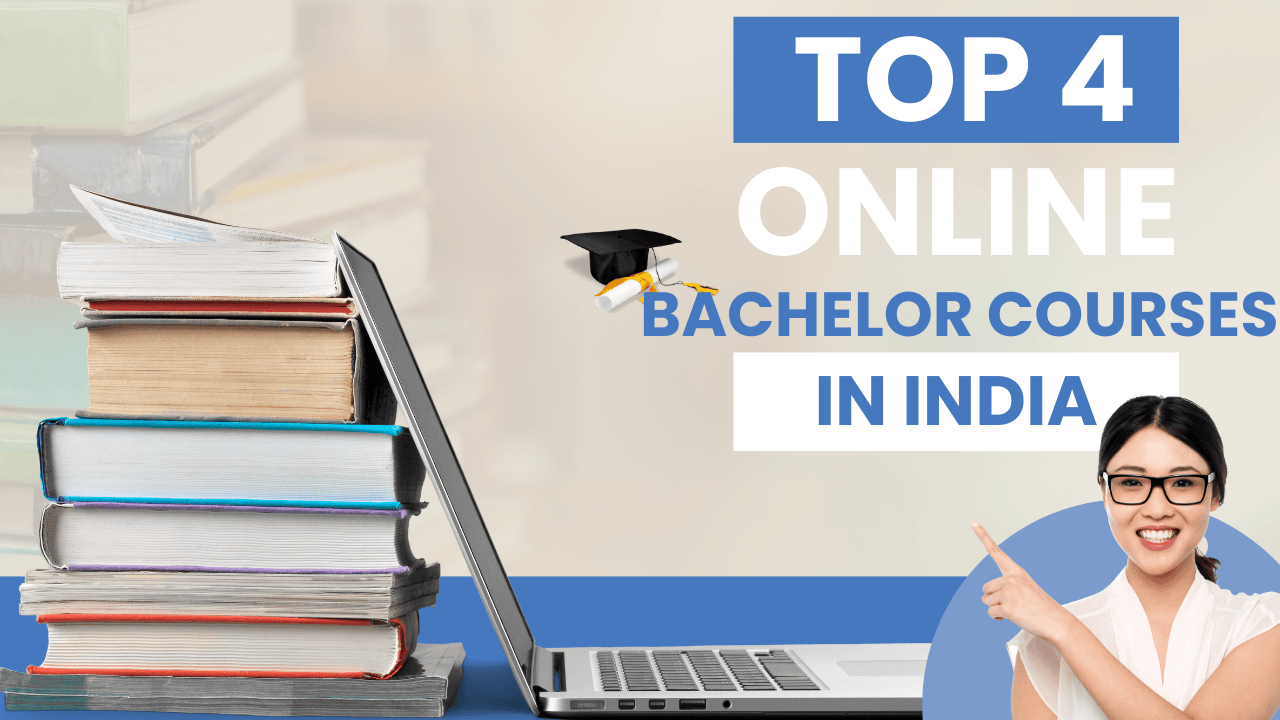



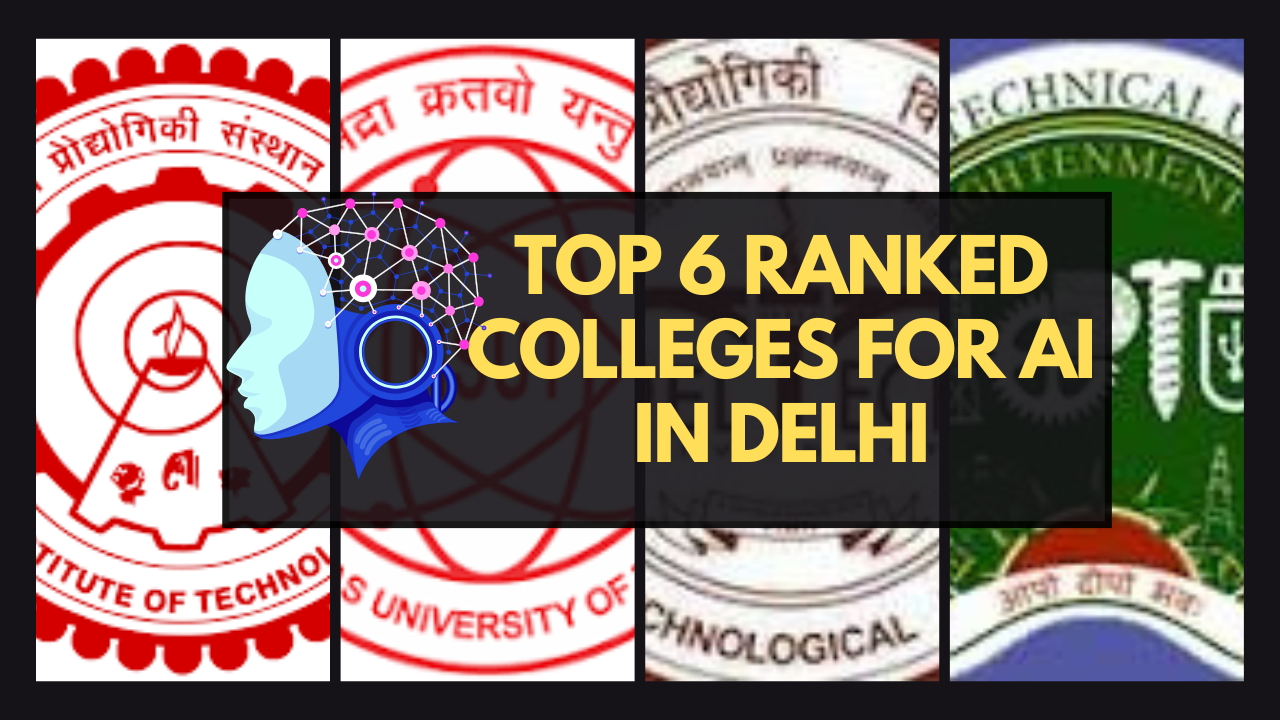


.jpg)


.jpg)




.png)







.png)

.png)




.png)

.png)
.png)



.png)

.png)


.png)

.png)


.png)

.png)

.png)
.png)

 (1).png)



.png)

.png)
.png)


.png)


.png)


.png)

.png)







.png)





.png)


.png)














.png)













.png)




.jpg)






.png)




.png)


.png)
.png)
.png)
.jpg)



.png)


.png)
.png)
.png)



.png)











.png)
.png)



.png)


.png)
.png)


.jpg)







.jpg)









.jpg)





.png)


.jpg)



Before venturing to seek career counseling, answer a few basic questions so we can connect you with our best expert counselor for personalised guidance and mentorship.
